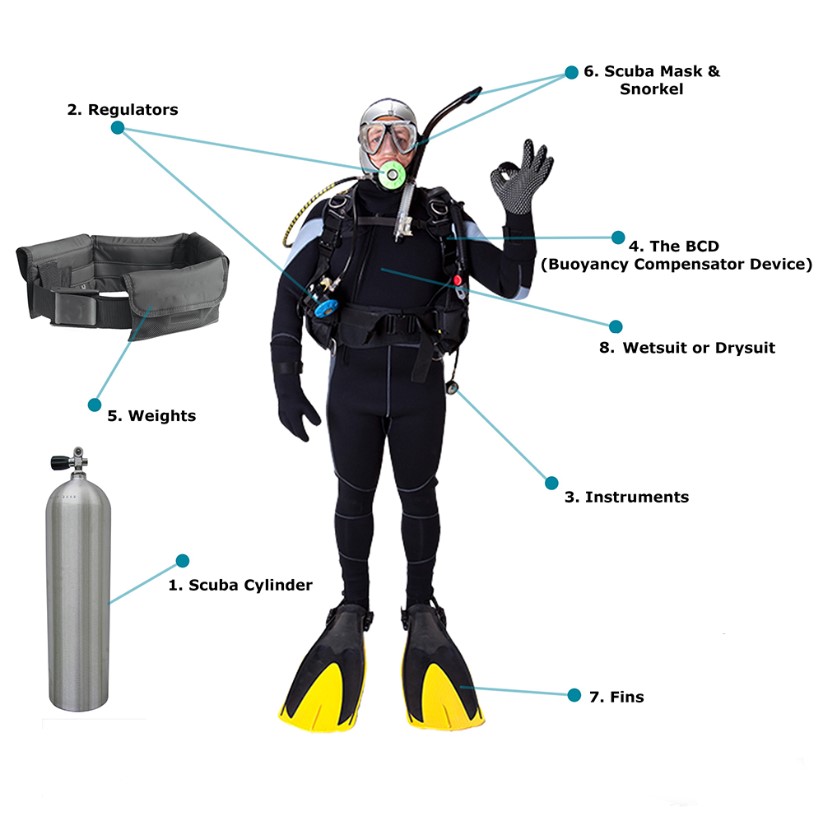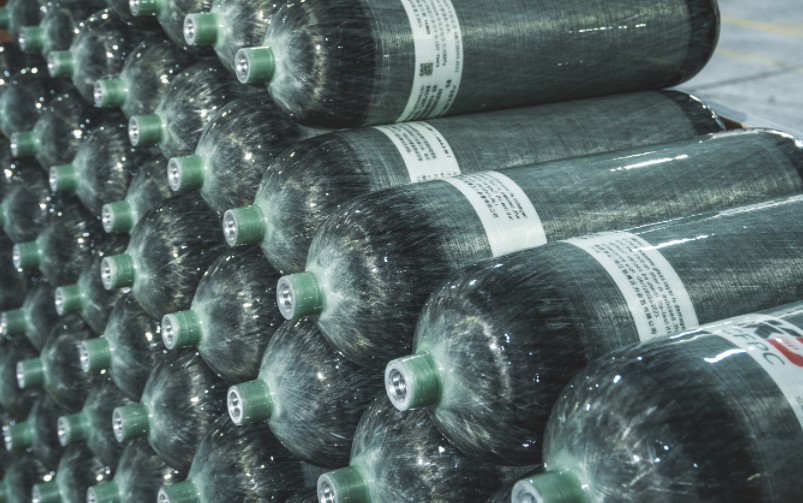SCUBA diving offers an unparalleled opportunity to explore the mysterious underwater world. SCUBA, short for Self-Contained Underwater Breathing Apparatus, enables divers to breathe underwater, opening up a realm filled with diverse marine life, ancient shipwrecks, and breathtaking underwater landscapes. This guide delves into the allure of SCUBA diving, the essential preparations, necessary gear, and important considerations for ensuring a safe and enjoyable experience.
The Appeal of SCUBA Diving
SCUBA diving captivates enthusiasts for various reasons. For some, it is the serene solitude of the underwater environment, far removed from the hustle and bustle of daily life. Others are enticed by the thrill of discovery, eager to encounter vibrant marine ecosystems and submerged historical artifacts. Additionally, SCUBA diving fosters a deep connection with nature, often inspiring a greater awareness of environmental conservation and the need to protect our oceans.
Preparing for Your Dive
Proper training is crucial before embarking on a SCUBA diving adventure. Enrolling in a certified diving course provides you with the necessary skills, knowledge, and safety protocols. Additionally, maintaining physical fitness is essential. While SCUBA diving can be enjoyed by individuals of varying fitness levels, being in good health enhances comfort and safety underwater.
Essential SCUBA Gear
A standard SCUBA diving gear setup includes several key components:
1-Diving Mask: Provides clear underwater vision, allowing divers to fully appreciate the underwater scenery.
2-Snorkel: Allows for surface breathing without using tank air.
3-Fins: Enhance mobility and efficiency in the water, making navigation easier.
4-Diving Suit: Protects against the cold, sun, and minor abrasions.
5-SCUBA Tank: The heart of the SCUBA gear, a high-quality carbon fiber composite cylinder is preferred for its lightweight and durable properties. These cylinders ensure a steady air supply, allowing divers to breathe comfortably at depth throughout their dive.
6-Regulator: Delivers air from the tank to the diver at a breathable pressure.
7-Buoyancy Control Device (BCD): Helps divers manage their buoyancy, aiding in ascending, descending, and maintaining neutral buoyancy.
The Role of Carbon Fiber Cylinders
In the realm of SCUBA diving, the SCUBA tank is a critical component, with carbon fiber composite cylinders being a preferred choice. These cylinders offer a combination of strength and lightweight design that significantly enhances the diving experience. The use of carbon fiber ensures the tank is durable and resistant to high pressure, while its lightweight nature makes it easier to carry and maneuver underwater. This advancement allows for longer dives and more extensive exploration without the physical strain associated with heavier tanks.
Important Considerations for SCUBA Diving
-Safety First: Always dive within your training and experience levels. Never dive alone and always thoroughly check your equipment before a dive.
-Environmental Respect: Be a responsible diver. Avoid touching marine life and coral reefs to prevent causing harm to delicate underwater ecosystems.
-Dive Planning: Plan your dive and dive your plan. Knowing the specifics of your dive site, including depth, currents, and points of interest, is essential for a safe and fulfilling experience.
-Health Check: Ensure you are medically fit to dive. Certain health conditions may require a physician’s clearance before diving.
Frequently Asked Questions About SCUBA Diving
Is SCUBA Diving Difficult?
While SCUBA diving requires some initial training and adaptation, it becomes more intuitive with practice. The key is to remain calm and breathe normally.
How Deep Can You Dive with SCUBA?
The depth of a SCUBA dive varies depending on the diver’s certification level. Recreational divers are typically limited to depths of about 18-40 meters (60-130 feet).
Can You SCUBA Dive If You Can’t Swim Well?
Basic swimming skills are required for SCUBA certification. Comfort in the water is essential for safety and enjoyment.
Are Sharks a Concern While Diving?
Shark encounters are rare, and most sharks are not dangerous to humans. Divers often consider seeing a shark a highlight of their dive, not a risk.
Conclusion
SCUBA diving opens up a world of adventure and discovery beneath the waves. With the right training, preparation, and respect for the underwater environment, it can be a safe and immensely rewarding activity. Whether you are drawn to the tranquility of the sea, the excitement of exploration, or the beauty of marine life, SCUBA diving has something to offer everyone. Remember, the key to a successful dive is in the preparation, including choosing the right equipment like the essential carbon fiber composite cylinder for your air supply. Dive in and uncover the wonders that await beneath the surface.
Post time: Jul-18-2024


